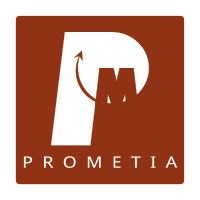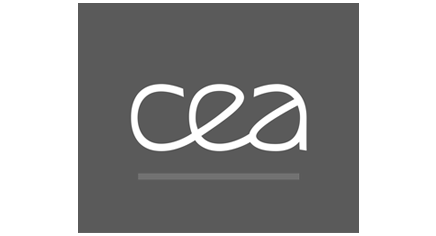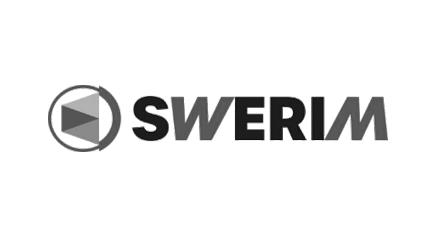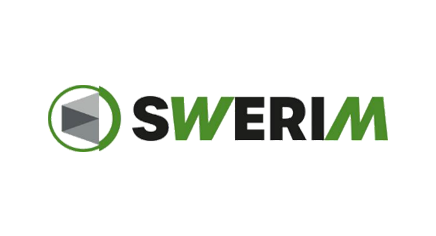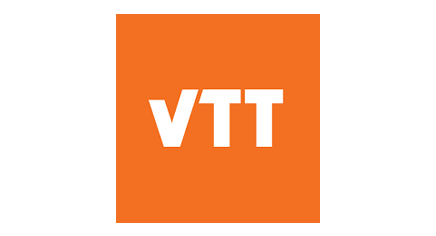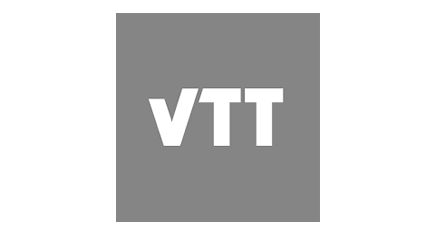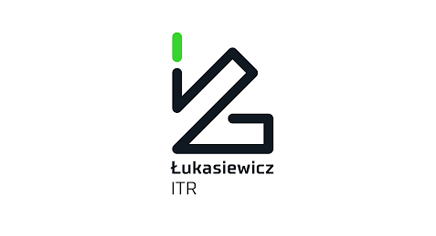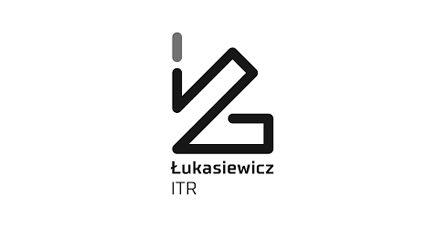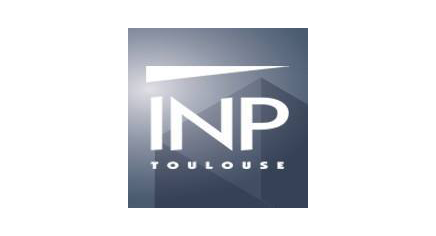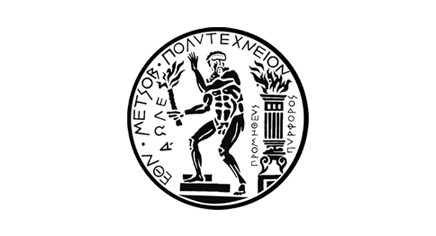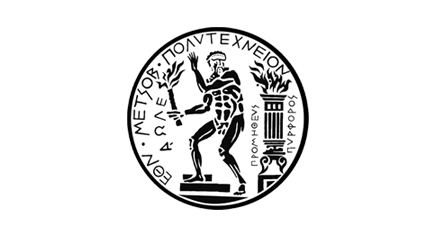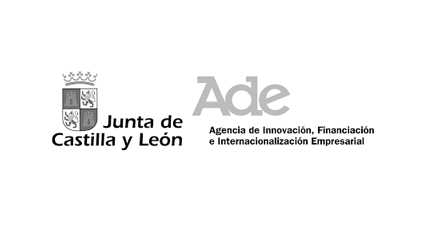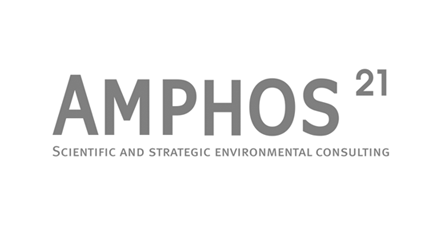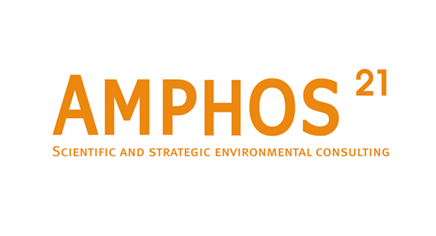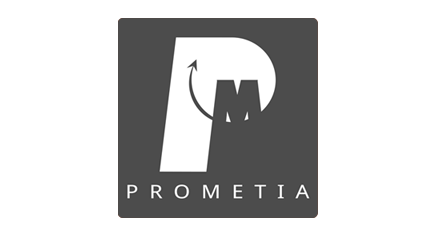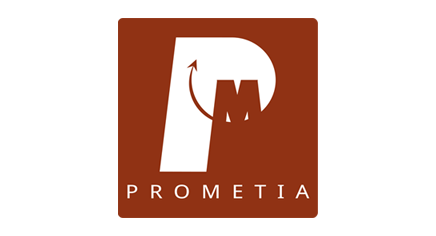
MSP-REFRAM
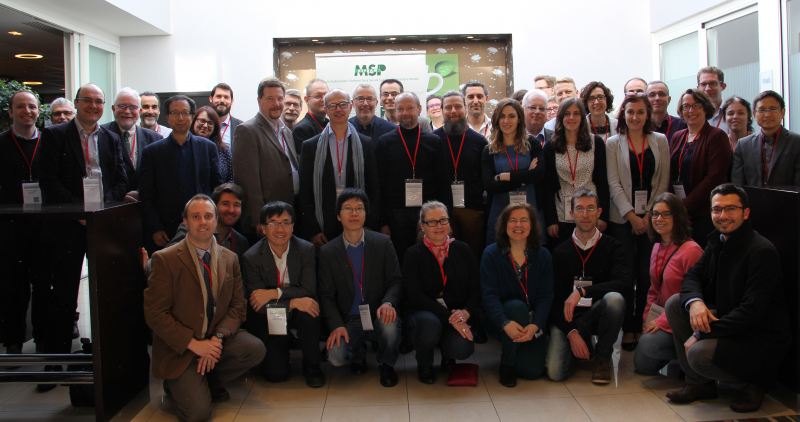
A secure access to refractory metals is highly strategic for Europe. Their resistance to extremely high temperatures, corrosion and wear in addition to several other unique characteristics make them extremely beneficial for various manufacturing applications in strategic EU industries, such as aerospace, energy and toolmaking.
Today, with the exception of rhenium produced in Poland (15% of world production), and tungsten, produced in Austria, Spain and Portugal (2.7% of world production), these metals are mainly imported from China, Brazil, Chile but also from the USA and Canada.
Although primary refractory metal resources are limited in Europe, they can be found in secondary resources (industrial waste and urban mines) and are already being recycled from super alloys to some extent. The supplyvalue chain in the coming years could be improved if industry develops a better use of these secondary resources, optimises the use of external resources such as energy and water and at the same time reduces the amount and the toxicity of the waste.
In this context, members of the PROMETIA association, whose expertise cover the whole refractory metals value chain, gathered to address this challenge by setting up the MSP-REFRAM project.
Objectives
MSP-REFRAM aimed to establish a durable multi-stakeholder network to carry out a comprehensive study of the entire value chain of key refractory metals including mining, processing, recycling and final applications (and potential substitution opportunities), and taking account of crosscutting aspects: policy/society, technology and market.
Activities & tasks
WP1 - Multi Stakeholder Platform
WP2 - Primary resource
WP3 - Secondary resource (industrial waste, tailings)
WP4 - Secondary resource (urban mining)
WP5 - The concepts and scenarios of substitution
WP6 - Knowledge management
WP7 - Capacity, dissemination, communication
WP8 - Management of the Consortium
Results
Deliverables
MSP-REFRAM-D1.1-Report_on_current_and_future_needs.pdf
MSP-REFRAM-D1.2-Report on current state of value chains of refractory metals in the EU.pdf
MSP-REFRAM-D1.3-Report on balance between demand and supply of refractory metals EU.pdf
MSP-REFRAM-D1.4-Report-on-potential-innovation-pathways-to-balance-demand-and-supply-of-refractor.pdf
MSP-REFRAM-D1.5-First-workshop-state-of-the-art.pdf
MSP-REFRAM-D1.6 Second workshop.pdf
MSP-REFRAM-D1.7-Report-on-third-workshop.pdf
MSP-REFRAM-D2.1-Mapping-the-primary-resources-in-the-eu.pdf
MSP-REFRAM-D2.2-State-of-the-art-on-the-recovery-of-refractory-metals-from-primary-resources.pdf
MSP-REFRAM-D2.3-Innovation-potential-recovery-refractory-metals-primary-sources.pdf
MSP-REFRAM-D2.4-Management-of-wastes-from-primary-resource-processing.pdf
MSP-REFRAM-D3.1-Mapping-the-secondary-resources-in-the-eu-mine-tailings_industrial-waste.pdf
MSP-REFRAM-D3.2-State-of-the-art-on-the-recovery-of-refractory-metals-from-secondary-resources.pdfMSP-REFRAM-D4.1-Mapping-the-secondary-resources-in-the-eu-urban-mines.pdf
MSP-REFRAM-D3.3-Innovation-potential-recovery-refractory-metals-secondary-sources.pdf
MSP-REFRAM-D-3.4-Management-of-waste-from-secondary-resource-processing.pdf
MSP-REFRAM-D4.2-State-of-the-art-on-the-recovery-of-refractory-metals-from-urban-mines.pdf
MSP-REFRAM-D4.3-Innovation-potential-in-the-recovery-of-refractory-metals-from-urban-mines.pdf
MSP-REFRAM-D4.4-Management-of-waste-from-urban-mines-processing.pdf
MSP-REFRAM-D5.1-Report-on-refractory-metal-reduction-potential-potential-substitutes.pdf
MSP-REFRAM-D5.2-Report-on-refractory-metal-increase-potential-substitutes-non-refractory-metals.pdf
MSP-REFRAM-D6.1-Set-of-internal-KM-tools.pdf
MSP-REFRAM-D6.2-Report-on-knowledge-identification-and-measurement.pdf
MSP-REFRAM-D6.4-DMS-DSS-BETA-VERSION.pdf
MSP-REFRAM-D7.1-Report-containing-the-results-about-strategic-analysis-of-EU-regions.pdf
MSP_REFRAM_D7.2_Report_summarising_the_best_practices.pdf
MSP-REFRAM-D7.3-Dissemination_communication-plan.pdf
MSP-REFRAM-D7.4-Project-communication-toolkit.pdf
MSP-REFRAM-D7.5-Newsletters-and-video-postmeetings-n1.pdf
MSP-REFRAM-D7.6-Newsletter-and-video-postmeetings.pdf
MSP-REFRAM-D7.7-Newsletter-and-video-postmeeting-2.pdf
MSP-REFRAM-D8.1-Detailed-worksheets.pdf
MSP-REFRAM-D8.2-Project-quality-plan.pdf
MSP-REFRAM-D8.3-6-months-project-report.pdf
MSP-REFRAM-D8.4-12-months-report-project.pdf
MSP-REFRAM-D9.1-Ethics-requirements.pdf
Final MSP-REFRAM conference
MSP-Refram ended in 2017. The consortium came together for the project’s final conference on 9-10 March 2017 in Brussels to share the main results and conclusions of their work.
The conference aimed at answering the following questions:
- Why are tungsten, molybdenum, tantalum, niobium and rhenium important to our society?
- What are the main resources in Europe, both primary and secondary?
- How are these metals being produced today?
- Are they substitutable?
- Could we improve the European independence in their supply and increase production? How?
MSP-REFRAM workshops
MSP-REFRAM third workshop
The EU Horizon 2020 project MSP-REFRAM organised its third workshop in Brussels on 28 November 2016. Participants discussed the policy and regulation barriers that could limit the development of the future value chains of the refractory metals that were designed within MSP-REFRAM. The main issues focus on the development of sustainable mining in Europe, which is partly due to the very different policies in each country.
MSP-REFRAM second workshop
MSP-REFRAM organised its second workshop in Brussels from 27-29 September 2016. Building on the results and feedback collected during the first workshop, it opened discussions on potential innovation pathways that optimise the balance between resource availability and usage.
The event gathered 50 participants, including 15 experts, who exchanged on potential substitutions and assess innovative product/service design and business models that may bring change in the current value chain.
During two days, partners in the project presented their work on tungsten, rhenium, niobium, tantalum and molybdenum and collected feedback from the members of the External Experts Committee.
MSP-REFRAM first workshop
A significant milestone towards improving the refractory metals supply chain was reached with the organisation of MSP-REFRAM’s first workshop in Barcelona on 30 and 31 May 2016. The event gathered 60 participants, including 20 experts, to exchange information and establish the state of the art of refractory metals, in particular relating to their mining, processing, recycling and final applications.
During two full days, partners in the project presented their work on tungsten, rhenium, niobium, tantalum and molybdenum and collected feedback from the members of the External Experts Committee.
Project partners
The MSP-REFRAM consortium includes industry, SMEs, research and technology centres, academia, a public authority and the PROMETIA association.
 This project has received funding from the European Union’s Horizon 2020 Research & Innovation programme under Grant Agreement no. 688993
This project has received funding from the European Union’s Horizon 2020 Research & Innovation programme under Grant Agreement no. 688993
